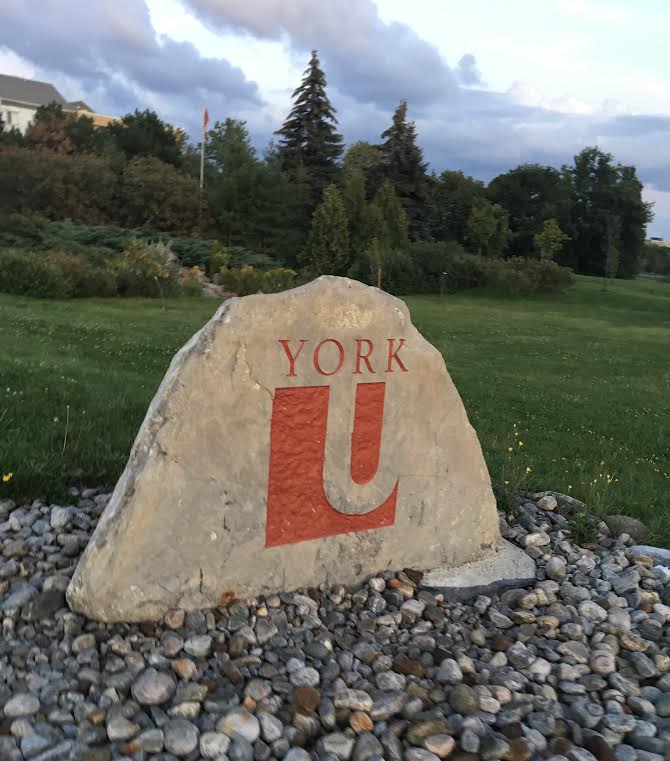The Provost’s Postdoctoral Fellowships for Black and Indigenous Scholars launched this month, with April 1, 2021 being the deadline for candidates to apply. This two-year program offered to Black and Indigenous scholars will provide financial support to its candidates, with a salary of $70,000 per year, and will provide the scholars with mentorship and guidance from York faculty and alumni.
To be eligible for the program, scholars must self-identify as either Black or Indigenous to their native land, and must have completed a PhD, or PhD equivalent, in the past five years. According to the Dean and Associate Vice-President of Graduate Studies Thomas Loebel, a candidate’s goal and focus in the program can centre on both inside or outside of academia.
“In creating a fully ‘open field’ of eligibility,” explains Loebel, “we seek to provide opportunities for post-graduate specialization and career development to Black and Indigenous scholars who are underrepresented in disciplines of study.”
“From my perspective, a very valuable feature about these postdoctoral positions is that we do not make presumptions about the career goals of the applicants,” he continues. “They set their goals. We help them to achieve it.”
Sean Hillier, associate professor and chair of the Indigenous Council at York, explains that opportunities such as this program are important when looking at the underrepresentation of Black and Indigenous faculty in all levels of higher education.
“By having dedicated spaces for such advancements, it allows for people to move into positions that may otherwise be closed. I would note that with Indigenous peoples in particular, we have an issue in having more academic positions to fill in Canada than we do candidates to fill them,” Hillier says.
Provost and Vice-President Academic of York Lisa Philipps recognizes that encouraging Black and Indigenous PhD graduates to apply will strengthen York’s leadership in community engagement, research, and teaching.
“This new postdoctoral program recognizes that Black and Indigenous scholars continue to confront unique and systemic barriers, especially in the always-challenging period after completing a PhD and starting a new career.
“Access to mentorship and support at this pivotal time in a person’s professional journey can be very transformative, and through this program we intend to create more space for these diverse voices to thrive within the academy and beyond,” she concludes.
Carl James, senior advisor of equity and representation in the Division of Equity, People and Culture, expects that this program will allow for a greater representation of Black faculty across Canadian universities. In turn, he hopes for students to recognize the benefit of their education that comes working with BIPOC faculty members.
“I expect that with the increase in Black faculty members, our university administration will also become diverse. Black faculty will contribute to the scholarship that universities need to educate our increasingly diverse student population.”
James concludes that all of society would “benefit from the contributions that such scholars will make to policies and research.”
Looking to the future of programs offered to Black and Indigenous academics, Hillier hopes this postdoctoral program acts as a “sustained commitment from the institution” to support these scholars in all levels of higher education.
“As an institution, we are acutely aware that Black and Indigenous scholars experience the effects of systemic racism throughout their lives,” Loebel acknowledges. “Educational institutions can be very much a part of that system, even as they may seek to battle racism and educate generations into equitable and ethical consciousness and action.”
More information on the new postdoctoral program can be found on the Faculty of Graduate Studies website.




